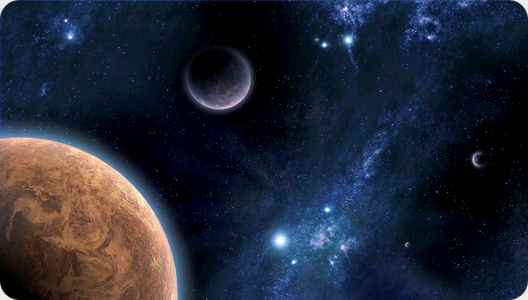 This version of The Weekly Francis covers material released in the last week from 30 May 2013 – 30 June 2013 (subscribe here; get as an eBook version for your Kindle, iPod, iPad, Nook, or other eBook reader):
This version of The Weekly Francis covers material released in the last week from 30 May 2013 – 30 June 2013 (subscribe here; get as an eBook version for your Kindle, iPod, iPad, Nook, or other eBook reader):
Angelus
General Audiences
Homilies
Messages
- 30 May 2013 – On the occasion of the National Eucharistic Congress of Germany [Köln, 5–9 June 2013]
- 11 June 2013 – Audio-message to the Italian Union of Blind and Visually Impaired
Speeches
- 8 June 2013- To participants in the initiative ‘Ten Squares for Ten Commandments’
- 17 June 2013 – Pope Francis meets the participants in the Ecclesial Convention of the Diocese of Rome
- 20 June 2013 – To participants in the Assembly of Organizations for Aid to the Eastern Churches
- 21 June 2013 – To participants in the days dedicated to Papal Representatives
- 22 June 2013 – To the pilgrims from the Diocese of Brescia
- 23 June 2013 – To the Sts Peter and Paul Association
- 24 June 2013 – To a delegation of representatives of the International Jewish Committee on Interreligious Consultations
- 28 June 2013 – To the Delegation of the Ecumenical Patriarchate of Constantinople
Daily Homilies (fervorinos)
- 24 June 2013 – John the Baptist a model for the Church
- 25 June 2013 – No one is Christian by chance
- 26 June 2013 – The joy of fatherhood
- 27 June 2013 – Daily Homily – Resting our faith on the rock of Christ
- 28 June 2013 – The Mystery of God’s patience
Papal Tweets
- “Are we ready to be Christians full-time, showing our commitment by word and deed?” @pontifex, 24 June 2013
- “Charity, patience and tenderness are very beautiful gifts. If you have them, you want to share them with others.” @pontifex, 26 June 2013
- “Jesus didn’t save us with an idea. He humbled himself and became a man. The Word became Flesh.” @pontifex, 28 June 2013
- “Let’s learn to lose our lives for Christ, like a gift or a sacrifice. With Christ we lose nothing!” @pontifex, 29 June 2013
- “A Christian is never bored or sad. Rather, the one who loves Christ is full of joy and radiates joy.” @pontifex, 30 June 2013
The eBook version of The Weekly Francis
- The Weekly Francis – Volume 16 – ePub (supports most readers)
- The Weekly Francis – Volume 16 – Kindle
- Archive of all volumes can be accessed from here.






